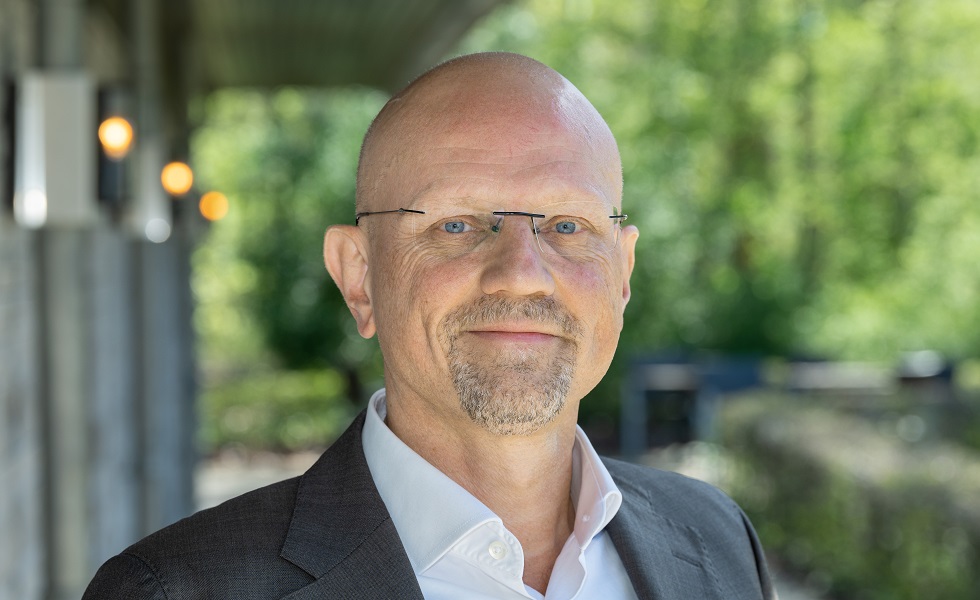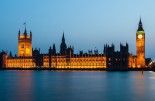Harry Geels: Why do some people have difficulty with the free market?
Harry Geels: Why do some people have difficulty with the free market?

This column was originally written in Dutch. This is an English translation.
By Harry Geels
In the (social) media we regularly see messages from people who criticize capitalism or market forces. It would be the cause of inequality and the climate problem. Regardless of whether this statement is correct at all, the aversion to the market probably comes from somewhere else.
'Capitalism has brought a lot of wealth, but is it still sustainable in the 21st century? Critics say capitalism is destroying the planet and creating populist forces that endanger democracy. On a global scale it causes unsustainable differences between rich and poor. Is there an alternative to capitalism?' This text comes from last week's De Volkskrant. The newspaper has started a series of articles about capitalism. It was still a nuanced treatment of capitalism, although the undertone of the first article was clear: a different system must be introduced.
I am intrigued by the question of where this aversion to capitalism comes from. Firstly, because this system has, on balance on a global scale over the long term, brought more and more wealth. Secondly, because critics rarely first define the concept properly, which makes it unclear what exactly they are attacking. As previously argued, there is a lot of confusion about what exactly capitalism means. Actually, we no longer have a capitalist system. It is mainly a diffuse system, with a lot of interference and influence from all kinds of authorities.
The free market is a core concept in capitalism
The free market is a core part of a purer form of capitalism. The government is mainly there to create frameworks, by guaranteeing the right of ownership, making markets function efficiently and preventing the formation of power by (too) large companies. However, what we have seen in recent decades is that the right of ownership is under pressure, there is more and more intervention in the market (think of opportunistic monetary policy, taxes, subsidies, taxonomies) and various sectors are no longer freely competitive markets at all. but oligopolies.
We can even reason well why the free market can benefit the climate transition. In fact, I even dare to say that in a well-functioning free market, in which external negative effects are priced, the climate transition can proceed faster than a policy that consists of more and more rules, taxonomies and taxes. Where does some people's aversion to the free market come from? Isn't there a deeper aversion to the market? From a political-philosophical perspective, this question can probably be answered with 'yes'.
There are roughly five reasons why some people have difficulty with the free market.
1) The market works with the wisdom of the crowd
The concept of 'wisdom of the crowd' suggests that the collective opinions or decisions of a group of people can be more accurate or insightful than the judgment of an individual within that group. It is based on the idea that when a diverse group of individuals with different perspectives and information work together, their collective knowledge can lead to better outcomes. There is scientific evidence that this exists, for example in situations where individuals are asked to estimate the amount of candy in a jar or the weight of an object.
The average of all guesses is often remarkably close to the correct answer. Trade fairs also work this way. Prices are determined by the collective actions and opinions of many investors, who incorporate various pieces of information and analysis into their decisions. Importantly, the wisdom of the crowd works best under certain conditions, such as diversity of opinion, independence of judgment, and a decentralized decision-making process. Some people have difficulty accepting that the group knows more than they do.
2) The market is amoral
Some people say the market is corrupt, immoral, or manipulated. That there are powerful empires and companies that can 'shape the market to their will'. In a well-functioning market this would not be possible, at most temporarily. Prices can never be too far from their equilibrium, because then contrarian forces are unleashed. A market cannot be corrupt or immoral. The market only processes information. It is an objective discounting mechanism. The market is amoral, or it has no morality, nor a supposed 'good' or 'bad' one.
Any morality lies with the individuals who are active in the market. Every investor may invest according to his own information and investment beliefs. The market is accessible to everyone. The market does not discriminate or judge. That's the way it is supposed to be. An applicable Omthinker says: 'He who judges others does not see the other, but above all himself.' Some have difficulty with the amorality of the markets. They prefer to impose their own morality (for example in the form of taxonomies, best practices and standards) on the market.
3) The market ensures efficient allocation of resources
If we properly price external effects, products that are polluting will become more expensive and products that are good or healthy will become cheaper. The supply and demand relationships – and subsequently also people's investment behavior – then adapt accordingly. The problem is that this takes time, because production chains and consumer behavior have to change. The purchasing power figures can change. People who are against the market do not believe that the market can do this (fast enough). They prefer to believe in a feasible society and would rather plan transitions themselves.
4) The market ensures discipline (punishment and reward)
Another important function of free markets is to punish and reward. Companies that do not operate well are punished and companies that do well are rewarded. If 'wrong' companies can survive, is that due to those companies or to the investors who invest in them or customers who buy products or services there? Systems are by definition holistic. Then we must be careful to label some individual entities of it as 'bad' and others as 'good'. Opponents of the markets think that the government can punish and reward better.
5) The market is an objective information machine
The free market is a large information processing mechanism. Because the most informed decision is likely to be the most profitable, the market is a competition par excellence to surface the best information. The better this process works, the sooner rates and prices are at the right level and the more efficient the allocation of resources. Even people who do not want to or cannot take the trouble to inform themselves can benefit passively from active investors. Critics of the free market tend to prefer to regulate information flows themselves.
Rise of private markets
In recent decades, private markets have grown and the number of stock exchange listings has decreased for a variety of reasons, such as disintermediation and the increasingly strict rules for being listed on the stock exchange. Perhaps the increasing interference of the authorities in the free market also secretly plays a role? If so, then from a broader societal perspective we are probably not moving in the right direction. We then partially eliminate concepts such as wisdom of the crowd and competitive information gathering.
This article contains a personal opinion from Harry Geels









